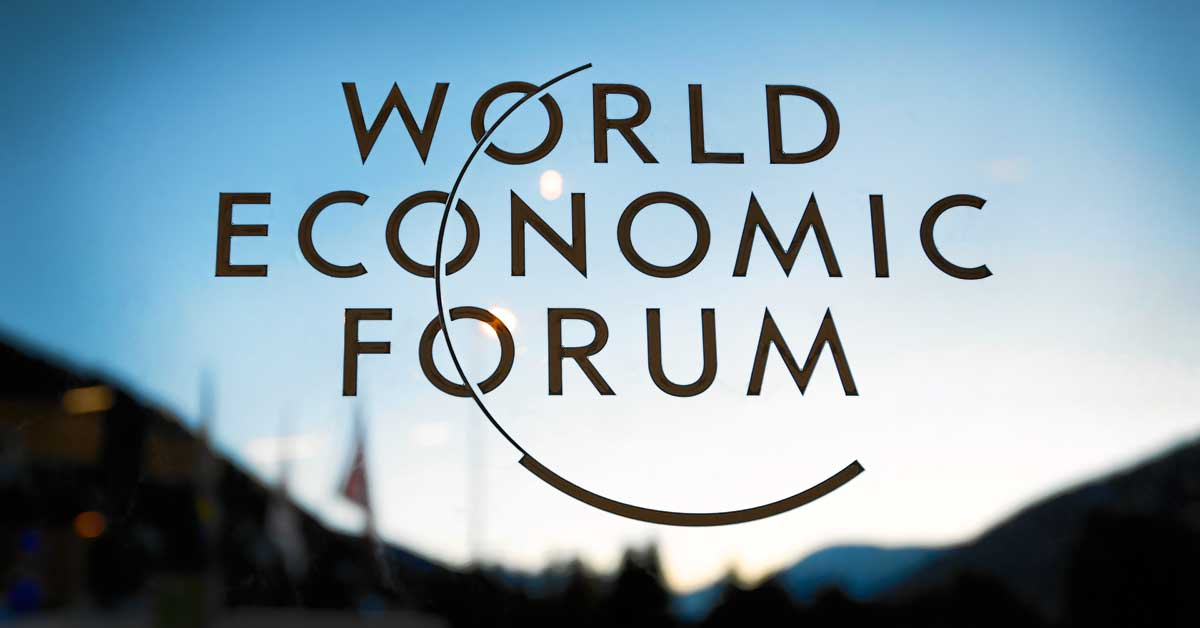An ambitious new global partnership to accelerate inclusion for lesbian, gay, bisexual, transgender and intersex (LGBTI) people – the Partnership for Global LGBTI Equality – was announced today at the World Economic Forum’s Annual Meeting in Davos.

Discrimination based on sexual orientation and gender identity not only violates universal basic human rights, it also adversely impacts the long-term economic prospects of individuals, businesses and countries. A 2017 UNAIDS study estimated the global cost of LGBTI discrimination at $100 billion per year. Businesses have an important role to play in respecting and protecting human rights through fostering workplace inclusion for LGBTI people.
To advance this agenda, a consortium of leading multinational companies (Accenture, Deutsche Bank, EY, Mastercard, Microsoft, Omnicom, Salesforce), in collaboration with the World Economic Forum, is launching a global multistakeholder initiative to help business accelerate the inclusion of LGBTI people globally.
The United Nations LGBTI Standards of Conduct establishes the human rights and policy operating model framework for companies. To help business leaders realize LGBTI equality and inclusion for their global workforces, the Partnership for Global LGBTI Equality will operationalise the United Nations LGBTI Standards. By 2020, the project will:
- Enlist 50-100 companies from World Economic Forum members and beyond to join the Partnership for Global LGBTI Equality to implement UN LGBTI Standards
- Create a due-diligence framework for corporations to use in assessing the alignment of their policies with the Standards and to better understand the practical impact of their policies on LGBTI people.
- Develop a repository of LGBTI best practices and case studies from companies across multiple sectors, sharing insights and information on effective strategies, policies and processes for gathering the information needed to ensure LGBTI people are not being discriminated against when it comes to hiring, retaining and promoting employees.
- Encourage new cross-sectoral and multi-stakeholder collaborations.
More info on that can be found here.
